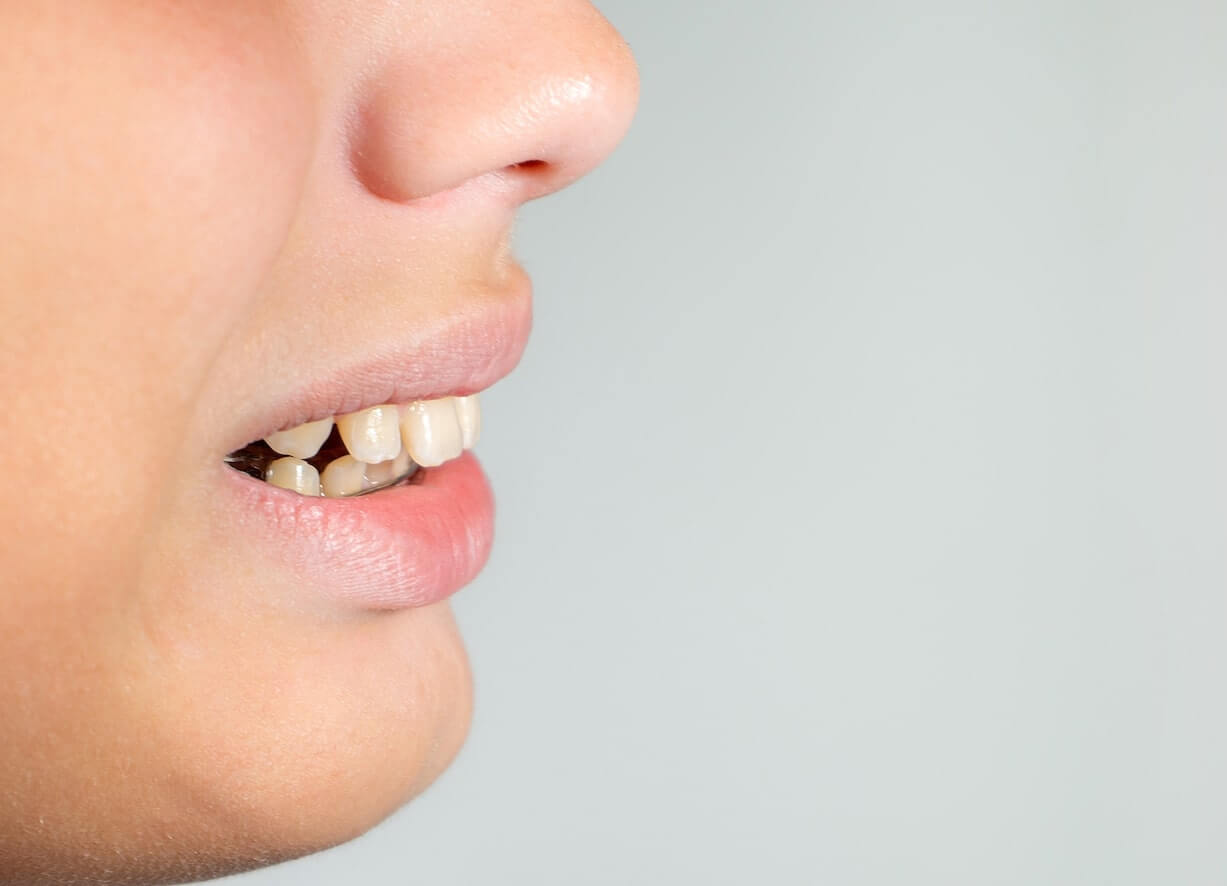Did You Know That Mouth Breathing Causes Tooth Decay?
We previously discussed how
a poor diet can cause tooth decay
by reversing dentinal fluid flow. But did you know that mouth breathing also causes decay? That's right; breathing
through your mouth instead of your nose drives dental decay. Why? Because it hinders saliva production - which is
one of the mouths primary mechanisms in protecting oral health.
The Integral Role of Saliva
To understand how mouth breathing causes decay, you must first understand saliva's vital role in protecting the teeth from decay.
Saliva is a fluid made up of 98% water - the other 2% contains things like enzymes, electrolytes, mucus and white blood cells. Saliva performs
several critical functions in the mouth, such as:
- Activating taste buds
- Breaking down food for digestion
- Lubricating the mouth for eating
- Lubricating the esophagus for eating
- Maintaining the pH of the mouth
- Clearing food particles and debris
When it comes to preventing decay, two functions matter most; maintaining an ideal pH and clearing the
mouth of food particles and debris.
Saliva and pH
Harmful bacteria and microbes thrive in acidic, low oxygen environments. However, they cannot survive in an alkaline, high oxygen environment. Thus, good oral health is contingent upon maintaining the proper pH (alkalinity) in the mouth. The normal pH range for saliva is 6.2-7.6 (where 7 is optimal). A poor diet can, of course, alter the acidity of saliva and the mouth; however, all things being normal, saliva will help maintain proper oral pH.

How Saliva pH Affects Your Oral Health
Saliva pH is one of the best ways to measure oral health. Acidic saliva (low pH) is indicative of poor oral health...

Mouth Breathing and How it Causes Malocclusion
Mouth breathing is indicative of an underlying health problem. If left unchecked, it hinders facial growth...
Saliva Washes Away Debris
When we eat, we often get food particles stuck in our mouth or between our teeth. One of the functions of saliva is to wash this debris away - ultimately preventing plaque build up and the subsequent multiplication of bad bugs and bacteria.
Mouth Breathing Depletes Saliva
The issue with mouth breathing is that it dries the mouth out - ultimately depleting saliva. When this happens, the mouth's pH is thrown out of balance - becoming more acidic than alkaline. Similarly, the mouth loses its in-built cleaning mechanism without adequate saliva, and food particles are more likely to become stuck between the teeth and around the mouth. This allows bad bugs and bacteria to multiply with ease and leads to a decline in oral health.

Snoring, Sleep Apnea, Malocclusion and Tooth Decay
Snoring and sleep apnea are indicative of an airway issue that prevents people from nasal breathing. Thus, it is common for those who snore and suffer from sleep apnea to experience greater tooth decay than others. Similarly, malocclusion (overbite and underbite) is often the product of airway issues, whereby children are forced to hang their mouth open when they breathe - resulting in improper development of the jaws and face. As such, children who suffer from crowded teeth are more likely to experience tooth decay as mouth breathing inhibits their saliva production.

How Holistic Dentistry Solves This
Ultimately, even if someone brushes, flosses, visits the dentist regularly, and maintains a proper diet, they will still be susceptible to decay if they breathe through their mouth. And herein lies the role of holistic dentistry. Too often, dentists and other health professionals take a narrow view of tooth decay and don't consider the role that poor diet and mouth breathing play.
Moreover, mouth breathing and poor diet are often intertwined as poor diet (particularly one heavy in soy) often drives allergies
and inflammation
that result in airway blockages, which force people to breathe through their mouths instead of their nose.
Traditional dentists and health professionals are often ill-equipped to detect these links as the modern healthcare system takes a siloed
view of the body, failing to treat the actual cause of tooth decay. Instead, they fall into the trap of constant
fillings and dental checkups.

